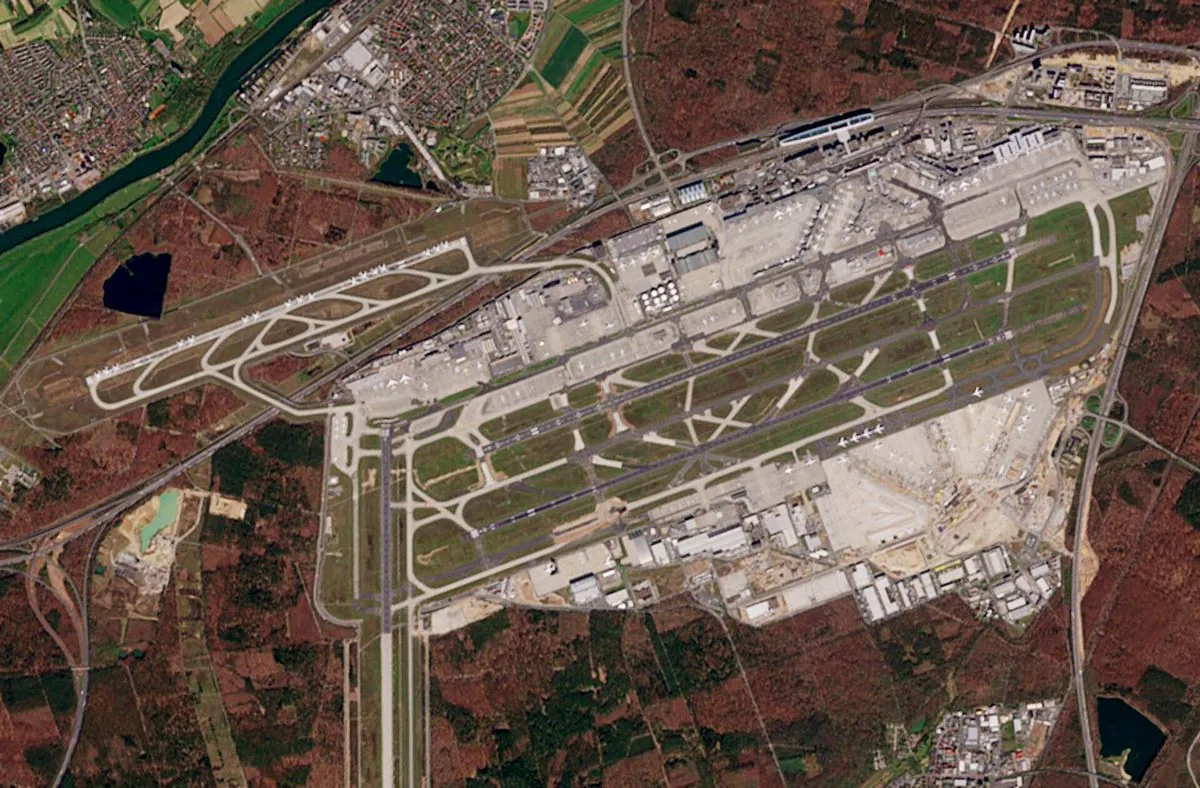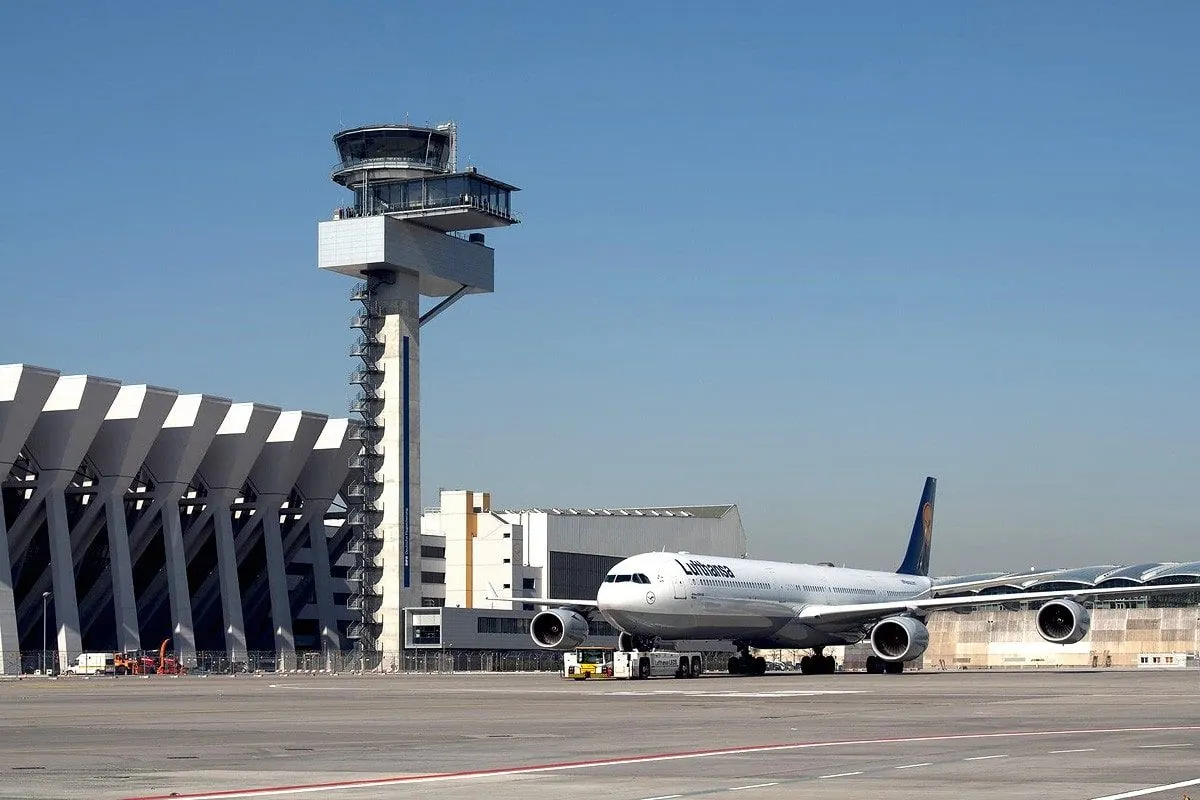German Air Traffic Control Glitch Causes Flight Disruptions
A technical issue at Germany's air traffic control agency led to flight cancellations and delays, particularly affecting Frankfurt Airport. The problem was resolved, but disruptions persisted throughout the day.

On a recent Friday, Germany's air traffic control agency experienced a technical malfunction, causing significant disruptions to flight operations across the country. The issue, which affected flight plans and weather data, was particularly impactful at Frankfurt Airport, the nation's busiest aviation hub.
Frankfurt Airport, which handles over 70 million passengers annually and serves as the main hub for Lufthansa, saw approximately 70 flights canceled due to the technical glitch. The airport, operated by Fraport AG, warned travelers through its website about potential delays and cancellations throughout the day.
The Deutsche Flugsicherung (DFS), responsible for air traffic control in Germany, reported that the problem was resolved by 10:30 a.m. However, the ripple effects of the disruption continued to impact flight schedules. DFS, which manages about 3 million flight movements per year, plays a crucial role in maintaining the safety and efficiency of German airspace.

Despite the challenges, Lufthansa, the largest airline in Germany and a founding member of the Star Alliance, reported minimal impact on its operations. The carrier stated that while there were a few cancellations and delays, its long-haul services remained largely unaffected.
Frankfurt Airport, known for its strategic importance in global air transportation, boasts four runways and two main passenger terminals. The airport's resilience in handling such technical disruptions is supported by its advanced infrastructure, including a unique emergency services center with its own fire department.
The incident highlights the complex nature of modern air traffic management systems and their vulnerability to technical issues. As Frankfurt Airport continues to operate 24 hours a day, serving as a critical link in the global aviation network, the swift resolution of such problems is paramount to maintaining the flow of international travel and commerce.
While the disruption was significant, it's worth noting that Frankfurt Airport has faced and overcome various challenges since its opening in 1936. Today, it stands as a testament to German engineering and efficiency, employing over 81,000 people and featuring advanced facilities such as a dedicated First Class Terminal for Lufthansa passengers.
As air travel continues to recover from the global pandemic, incidents like this serve as a reminder of the intricate systems that keep the aviation industry running smoothly. The ability to quickly address and resolve such issues is crucial for maintaining Germany's position as a key player in European and global air transportation.


































